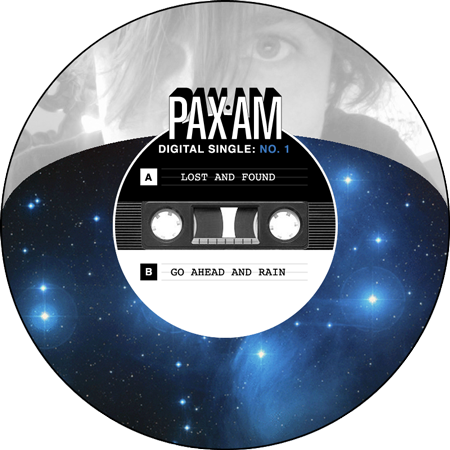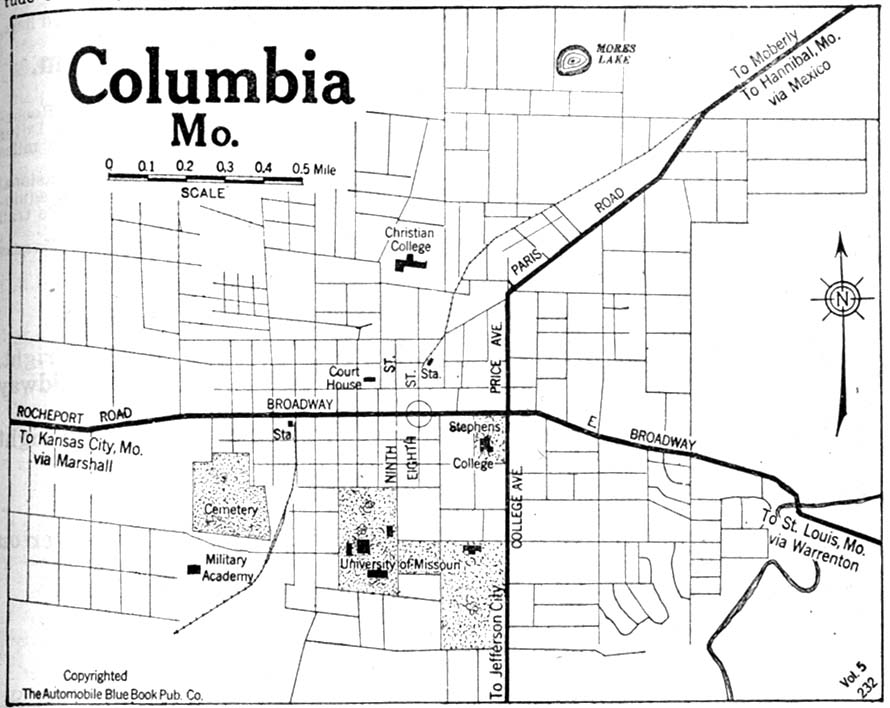
I read this over at www.ryanadamsarchive.com and it really struck me. Joel Mooneyhan did a great job writing this up! Thanks for letting me post this Joel.
Check out his MySpace, he has some good original tunes on there.
MySpace for Wyeuca-
www.myspace.com/wyeucaRyan’s Songwriting.
DRA is a masterful songwriter. Even if you don’t like his style of music, he is without doubt one of the greatest contemporary songwriters. I could say the same about many others, but since this is a DRA board, he’ll be the center. And I’m not going to do anything as cliché as comparing him to this songwriter or another, because for starters, everyone already knows those, and second, none of them are that accurate. I’ve heard him compared to people so diverse that it gets a little absurd—not that his skill isn’t that diverse, but the people to whom he compared are just as much so, and so comparisons are a bit redundant. Let’s just say he’s great, okay? Okay.
Now, as a songwriter, one of the ways I decide who I admire is when someone says something in a way that I wish I had come up with. Take, for example, lines from “Crossed-Out Name:” ‘I kiss her mouth and I know/For everything there is a word, everything but this.’ Seriously. There are so many ways to express the schmaltzy sentiment of, “No words can describe how I feel, etc.,” but he puts it so simply that it’s exquisite. It’s not over-the-top, it’s not even remarkably lyrical, but its simplicity is amazing. Or take a line from “Let It Ride:” ‘Tennessee’s a brother to my sister Carolina . . .” The first time I heard that I couldn’t believe my ears. Again, it’s not reinventing the wheel, and the same thing’s been said a million different ways, but he manages to put his finger on it in a way that is so effortless that it’s striking.
Another strength of his writing is in how evocative he can be with just a few words. “Twenty seven years of nothing but failures and promises that I couldn’t keep.” “We married young, stayed where we came from, and gave those children everything we had.” Or the entirety of songs like “Thank You Louise,” and the often discussed “Carolina Rain.” Within the economy of language and words in these verses is a story that anyone can sort of piece together in their own way. We get a sense of the narrator (and his perception of himself) in “Let It Ride,” in around a dozen words, and if the song had no other words, we’d still know who he was. We understand the breadth of life that the man has had with his wife in “In My Time of Need,” without really knowing what has happened—and in fact we probably have people in our own lives of whom that line or even the whole song could be true. And he gives us just enough dots to connect and make a story about Louise, Caroline &/or Rose, and any number of characters that exist in the world that he crafts, whether it’s a large, devouring city, or a small town that’s barely as wide as the police station is tall. Whichever the case, it doesn’t take DRA many words to give us a picture worth a thousand of them, and a story that is ever-changing in the imagination of the listener.
For me, one of the more endearing aspects of the way DRA writes is how conversational or colloquial he can be. Certainly, his songs have a lyrical quality to them, with good images and word play and all of those things you learn about in high school that make for good writing. But what stands out the most is the deftness with which DRA throws in phrases and words that are (or at least could be) part of someone’s everyday conversation. Take lines from “English Girls,” “Halloween,” or “Suspicion”—and not really the whole songs, but just flourishes that almost come off as after-thoughts. “You said you didn’t love me, it was right on time, I was just about to tell you, but okay, alright.” It doesn’t even sound like a song lyric, it sounds like one side of an amusing conversation, or a guy recalling a memory to a lover after the fact, with a sense of humor about things, and with his tongue placed firmly in his cheek. “Suspicion,” is, as I stated in a previous thread, so understated that you almost forget about it. But it’s elegant in the way that it sounds like two people sharing both the pain they caused each other and the pain that they’ve felt from others, and the way that DRA urges the person to move on and “Get used to it, kid.” It’s a conversation being had. My favorite part in “Halloween” is at the end of two lines in the last verse where he ends each phrase dismissively: “Well, okay. . . .Whatever.” It’s hard to use a phrase popularized by a movie popularized by Alecia Silverstone in the late 90’s in a song and not have it sound completely stupid. But he does it, and it’s artful, and it even makes me laugh.
What makes a great songwriter great and makes their songs feel timeless and appealing to a lot of people is how accessible the things they write are. Take a song like, “Crazy,” by Willie Nelson (I know Patsy Cline made it famous, but Nelson wrote it), or “Gulf Coast Highway,” by Nancy Griffith. These are songs that are at once specific enough to tell a story, but vague enough to remind each of us about someone different. The lover in “Crazy” isn’t going on and on about the details of the failed relationship (like so many Dashboard Confessional songs) or pouring out syrupy confessions of unrequited love (like “Every Rose Has a Thorn” or “The Reason is You”). “Crazy” is about the elemental part of romance and heartbreak, that anyone can understand, not just the self-indulgent few of us who’ve made a million dollars, wasted it on blow, and been dumped by exotic dancers from payphones while we were on tour. “Gulf Coast Highway” is about two people, for sure, but they are archetypes, not stereotypes. We provide their faces and their names, and we provide most of the story ourselves. That’s why I, a 26 year old guy from the South, can love the songs as much as a 59 year old woman from California.
And this is why DRA is such an effective songwriter. He certainly writes his share of intensely personal songs, but they never cross the border into self-indulgent, heart-on-his-sleeve self-pity. His most personal songs feel like the shy confessions of someone who’d just assume you leave him alone, but is relieved to get it off his chest. But by and large, his songs feel more like Everyman. You don’t have to be a lonely high school kid who’s just had his first taste of heartbreak and thinks that the world is going to end (Screaming Infidelities). You don’t have to be a 20-something woman angry at a bad boyfriend (Goodbye Earl). You certainly can be, of course, but a good songwriter doesn’t demand that you be his or her clone to understand where they are coming from, whereas some songwriters are so insistent on you being like them that if you’re not, you’re almost shut out completely (and better for it, really).
And DRA doesn’t demand that of his audience. He just opens the window so you can hear his ramblings if you happen to be passing by. His personal experiences feel like something anyone could have seen or heard or felt. His towns and people, even when they are named, are just cardboard facades that hide the towns we all grew up in and the faces of people we all grew up with.
 From TwentyFourBit.com:
From TwentyFourBit.com:























